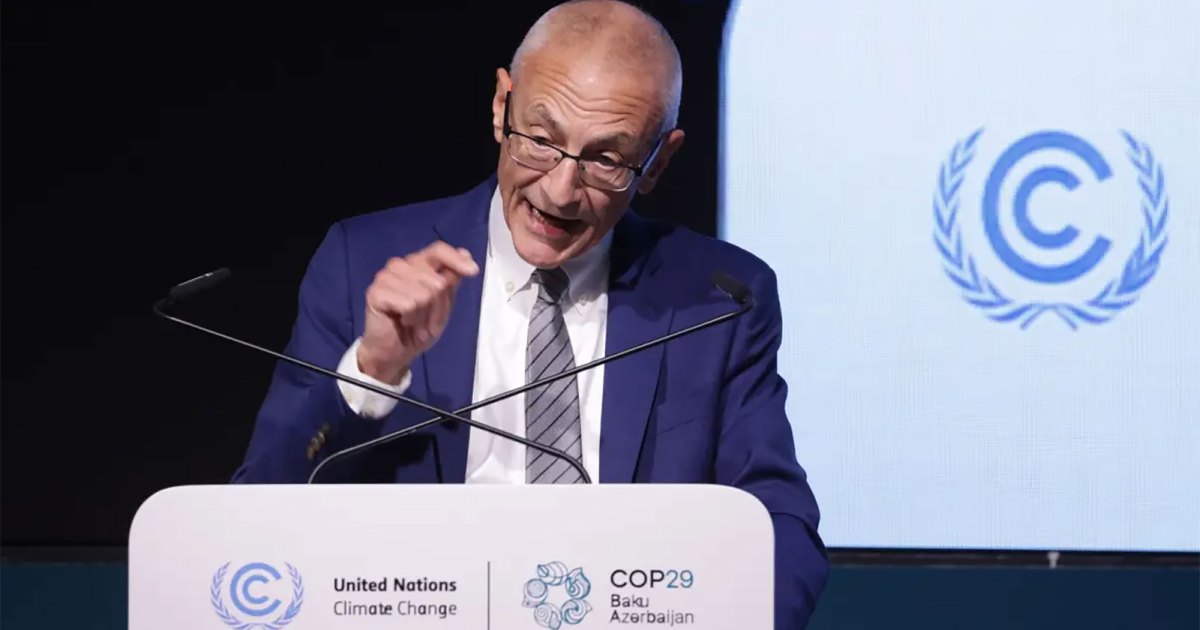
Famine is likely already underway in parts of Gaza, Samantha Power, the top US humanitarian official, said publicly for the first time on Wednesday.
While testifying before the House Foreign Affairs Committee, Power, administrator of USAID and former US Ambassador to the UN, said that officials have “credible” information that famine is occurring in northern Gaza. Up until now, the UN has said famine in Gaza is “imminent.” (USAID did not immediately respond to a request for comment about Power’s comments.)
Power’s statement came after Rep. Julián Castro (D-Texas) asked her about news reports that some USAID officials had sent a cable to the National Security Council warning that famine was likely already occurring in parts of Gaza and that deaths due to hunger would likely “accelerate in the weeks ahead,” as first reported by HuffPost last week.
Power told Castro that those cables were based on a report compiled by a UN-backed agency and released last month that found that famine in northern Gaza was projected to occur between mid-March and May 2024.
“That is their assessment,” she told Castro of the agency’s findings, “and we believe that assessment is credible.”
“So there’s—famine is already occurring there?” Castro asked.
“That is—yes,” Power replied.
One in three kids in northern Gaza are malnourished, Power said at yesterday’s hearing, adding that officials expect rates of “severe, acute malnutrition” for kids under five to continue rising. The World Health Organization said last month that 27 children in Gaza had reportedly died of malnutrition since the start of the war last October. Experts say that those who survive could be left with life-long health complications, including stunted development.
“Food must flow, and food has not flowed in sufficient quantities to avoid this imminent famine in the south and these conditions that are giving rise already to child deaths in the north,” Power said.
It is illegal under the Foreign Assistance Act for the United States to provide military aid to countries that are obstructing US humanitarian assistance without the president notifying Congress that doing so is in America’s national security interest. Dylan Williams, the vice president for government affairs at the Center for International Policy, told Mother Jones last month that Biden “is not complying with the law at this point” given the extensive evidence that Israel is obstructing the delivery of food, medicine, and other aid.
The sad reality of all this is that Power is the author of an excellent book on the United States’ historic failure to prevent genocide and other atrocities. She understands the playbook the US government uses to deflect responsibility and render itself impotent better than almost anyone. As she wrote in A Problem from Hell in 2002:
America’s nonresponse to the Turkish horrors [during the Armenian genocide] established patterns that would be repeated. Time and again the U.S. government would be reluctant to cast aside its neutrality and formally denounce a fellow state for its atrocities. Time and again though U.S. officials would learn that huge numbers of civilians were being slaughtered, the impact of this knowledge would be blunted by their uncertainty about the facts and their rationalization that a firmer U.S. stand would make little difference. Time and again American assumptions and policies would be contested by Americans in the field closest to the slaughter, who would try to stir the imaginations of their political superiors. And time and again these advocates would fail to sway Washington. The United States would offer humanitarian aid to the survivors of ‘race murder’ but would leave those committing it alone.
What makes the current famine and slaughter in Gaza different from some of the examples detailed in the book is that the United States has played a key role in enabling them while Power has been a high-ranking official in its government.
Power’s best and most thorough reporting is on the Bosnian genocide. She makes clear she believes the United States should have used its military might far earlier to stop Serbian President Slobodan Milošević, even though his war crimes were not being committed with US weapons.
The same cannot be said today.
What is also clear from the book is that Power believes that publicly resigning is one of the most effective things that civil servants and political appointees can do to try to stop ongoing atrocities. A section of her book titled “Exit” begins bluntly:
The State Department is difficult to leave. As with most hierarchical institutions, rituals entrench the solidarity of ‘members.’ Stiff ‘initiation costs’ include fiercely competitive foreign service exams, tedious years of stamping visas in consular offices around the world, and dull desk jobs in the home office. Because of the association of service with ‘honor’ and ‘country,’ exit is often seen as betrayal. Those few who depart on principle are excommunicated or labeled whistle-blowers. US foreign policy lore is not laden with tales of the heroic resignee.
This reality, Power stresses, is to be lamented, not celebrated. She portrays the State Department officials who resigned over President Bill Clinton’s inaction over Bosnia as heroes. She describes how one resignation can inspire another—creating a cascade of public dissent. At the same time, Power is clear-eyed about how hard it is to move large institutions like the State Department. Still, she believes it is worth trying.
But many end up staying as a result of a noble but ultimately twisted calculus. “[T]he very people who care enough about a policy to contemplate resigning in protest often believe their departure will make it less likely that the policy will improve,” Power writes. “Bureaucrats can easily fall into the ‘efficacy trap,’ overestimating the chances they will succeed in making change. Dropping out can feel like copping out. The perverse result is that officials may exhibit a greater tendency to stay in an institution the worse they deem its actions.”















